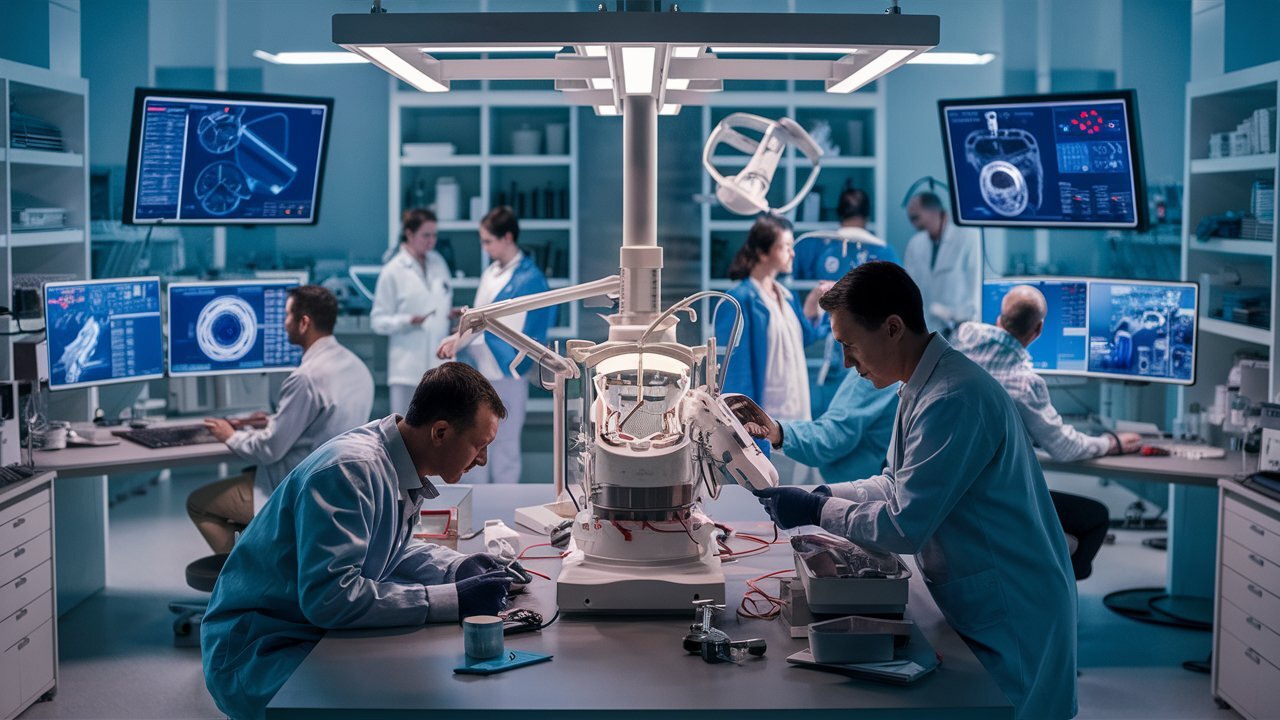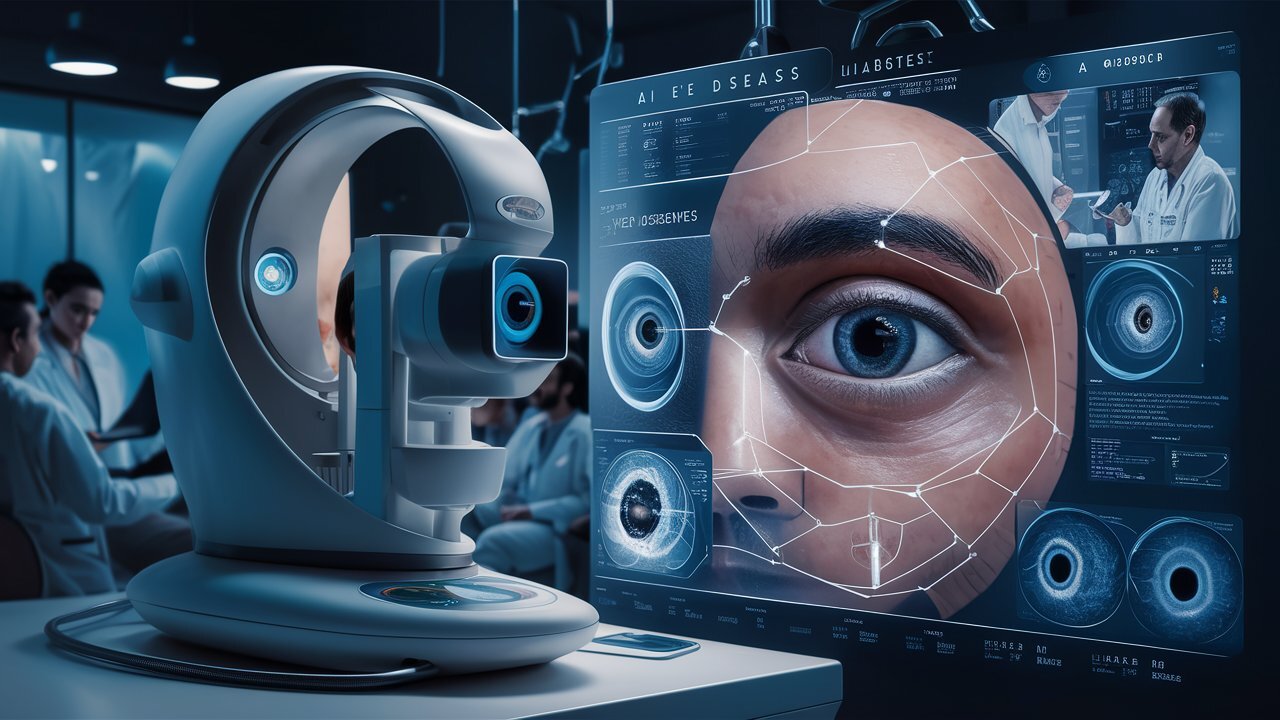In a meta-analysis published in the journal eClinicalMedicine, Dr Darren Ting from the University of Birmingham and an international team of researchers examined 35 studies that used deep learning models to diagnose IC. AI models showed 89.2% sensitivity and 93.2% specificity, exceeding ophthalmologists’ results (82.2% and 89.6%, respectively).
The study analyzed more than 136,000 corneal images, confirming the potential of AI in clinical application. Dr. This type of technology can provide rapid and reliable diagnosis, which is especially important in regions where access to specialized eye care is limited, Ting said.
Source: Ferra
I am a professional journalist and content creator with extensive experience writing for news websites. I currently work as an author at Gadget Onus, where I specialize in covering hot news topics. My written pieces have been published on some of the biggest media outlets around the world, including The Guardian and BBC News.











